
5 Early Signs of Colon Cancer You Shouldn’t Ignore
Colon Cancer: Early Signs You Should Never Ignore
Colon cancer remains one of the leading causes of cancer-related deaths across the globe. However, the outlook for patients can improve dramatically with early detection and timely treatment. Recognizing the early warning signs plays a vital role in diagnosing the disease before it progresses. This article highlights the key symptoms that could indicate the presence of colon cancer and why it’s essential not to overlook them.
1. Changes in Bowel Habits
One of the most common early indicators of colon cancer is a noticeable shift in bowel habits. This may include persistent diarrhea, constipation, or a change in stool consistency. If you notice narrow, ribbon-like, or “pencil-thin” stools, it could suggest a partial blockage in the colon, potentially caused by a growing tumor. Additionally, a feeling that your bowel doesn't empty completely after a movement can be another subtle clue.
While occasional irregularities in bowel movements are normal, persistent changes that last more than a few weeks should be taken seriously and discussed with a healthcare professional.
2. Rectal Bleeding or Blood in Stool
Blood in your stool or rectal bleeding is one of the more alarming symptoms associated with colon cancer. The blood may appear bright red or give the stool a dark, tar-like color, depending on where the bleeding is occurring in the colon. Although hemorrhoids or anal fissures are common causes of rectal bleeding, any unexplained or recurrent bleeding should be evaluated by a doctor. Early testing, such as a fecal occult blood test or colonoscopy, can help determine the cause and rule out cancer.
3. Unexplained Weight Loss
Losing weight without making changes to your diet or physical activity can be an early warning sign of many types of cancer, including colon cancer. This unintended weight loss might result from the body's immune response to cancer or a metabolic shift driven by tumor growth. In some cases, tumors can also block nutrient absorption, leading to further weight loss. A loss of appetite or early satiety (feeling full quickly) can also accompany this symptom.
If you've lost more than 10 pounds without trying over a short period of time, it’s important to seek medical attention.
4. Persistent Abdominal Discomfort
Chronic abdominal pain, cramping, or bloating that doesn't go away can be an early symptom of colon cancer. Such discomfort may be due to a tumor obstructing part of the colon or affecting its normal muscular function. You might also notice increased gas, a sense of pressure, or changes in how your abdomen feels. Sometimes this pain is mistakenly attributed to common gastrointestinal issues like irritable bowel syndrome (IBS), but if symptoms persist or worsen, they should be thoroughly investigated.
5. Fatigue and Weakness
Ongoing fatigue that doesn't improve with rest can be another warning sign. Colon cancer can cause slow internal bleeding over time, leading to iron-deficiency anemia. This kind of blood loss can reduce oxygen levels in the body, resulting in chronic tiredness, shortness of breath, pale skin, or even dizziness. If you feel unusually weak or tired without a clear reason, especially in combination with other symptoms, don’t ignore it.
The Importance of Early Detection
Being aware of these symptoms and seeking timely medical advice can make a significant difference. Colon cancer is highly treatable when detected early, and many of the symptoms are manageable with prompt care. For individuals aged 45 and older—or those with a family history of colorectal cancer—routine screenings like colonoscopies are crucial. These preventive measures not only help detect cancer early but can also identify and remove precancerous polyps before they turn malignant.
By staying informed and proactive about your health, you can significantly reduce your risk and improve outcomes should cancer arise.
News in the same category

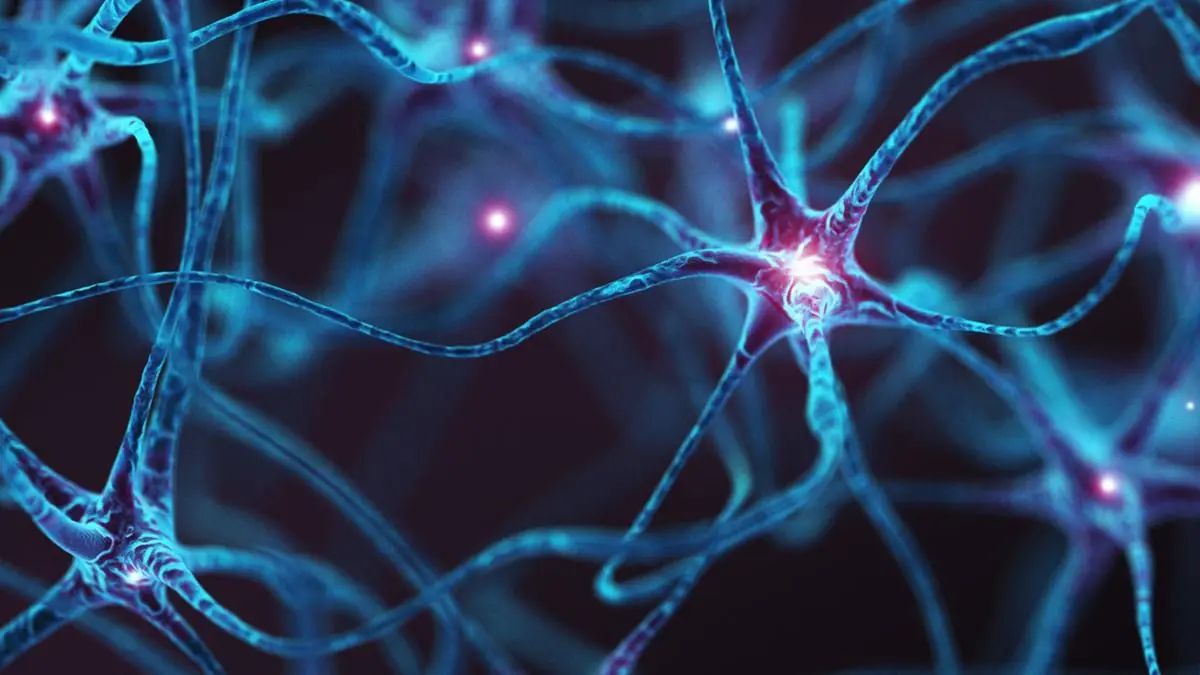
Skin Cells Can Send Electrical Signals to Help Heal Wounds – A New Discovery in Wound Healing

Disturbing simulation reveals what really happens to your body after injecting Ozempic
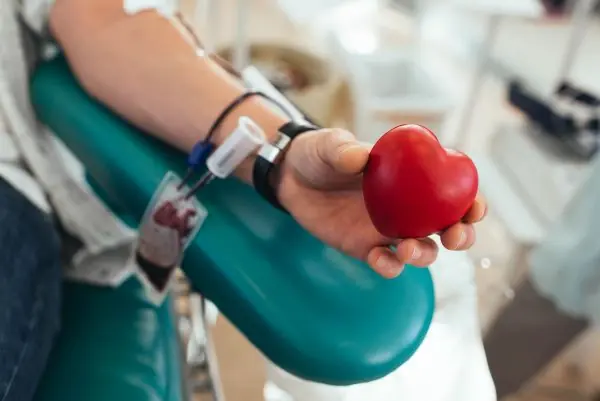
Regular Blood Donation May Improve Blood Cell Health and Reduce Cancer Risk

Simulation Reveals Shocking Truth About What Ozempic Does To Your Body After Injection
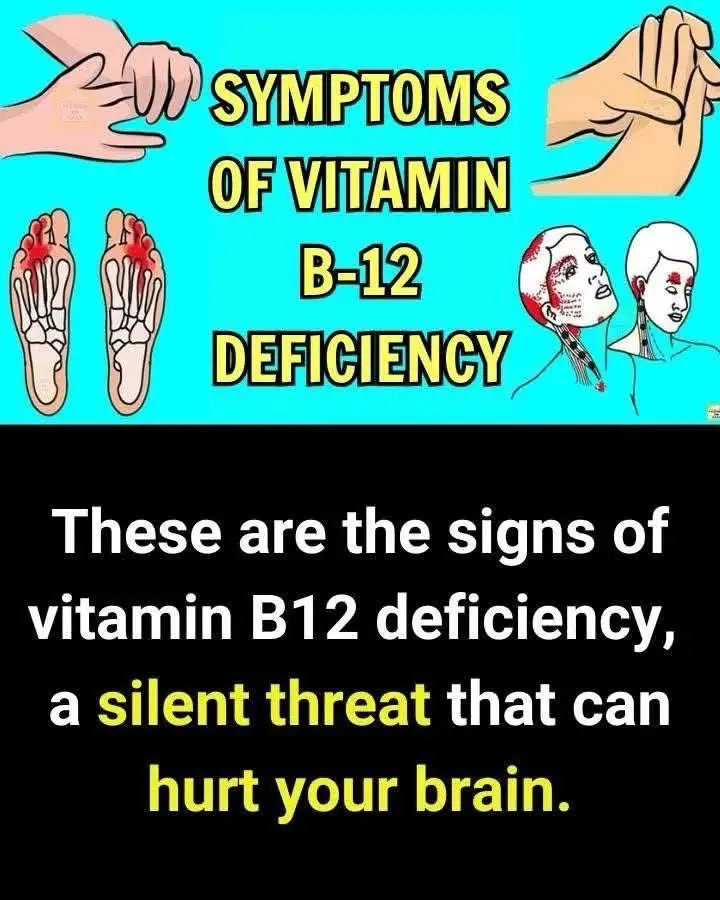
Vitamin B12 Deficiency Symptoms

4 Subtle Signs on Your Face That Could Signal Health Problems
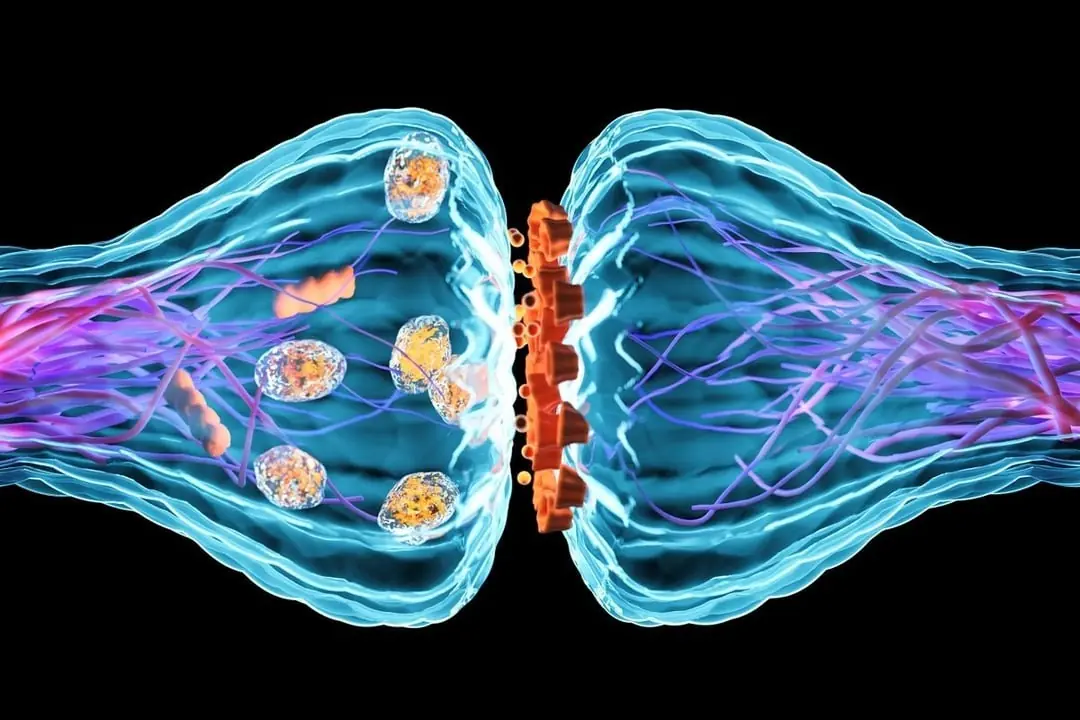
The Key to Everlasting Memories? Scientists discovered the "glue" that makes memories stick!

Listening to Music Literally Speeds Up Recovery from Surgery, Research Shows
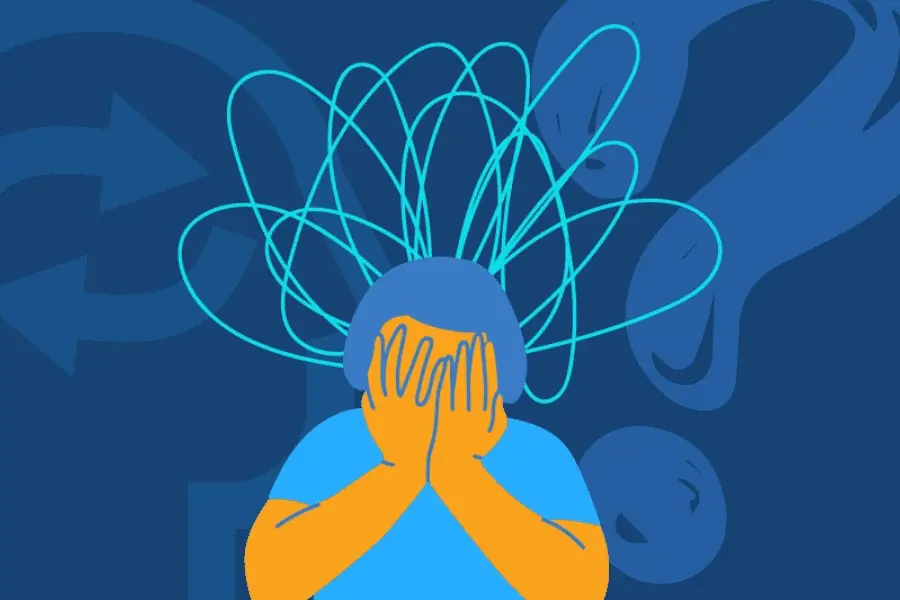
A Common Drug Used in Tylenol, Excedrin, and More Was Just Linked to ADHD
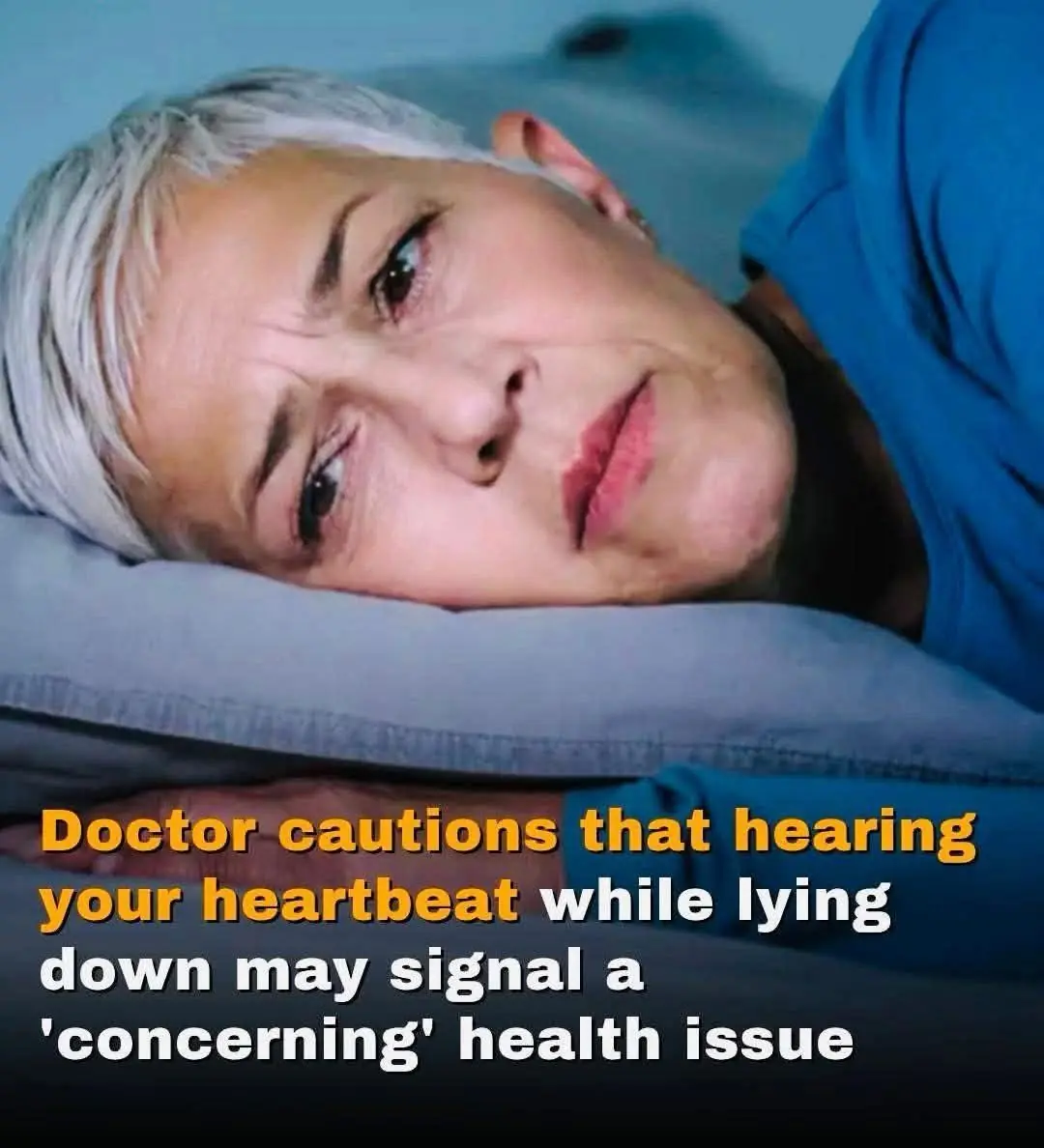
Pulsatile Tinnitus: Why You Hear Your Heartbeat While Lying Down

Doctor's Warning To People Whose Fingers And Toes Change Color And Feel Numb In The Cold

Red Spots on Skin: 13 Common Causes

Vaping vs. Smoking: New Study Says Vapes May Be More Harmful

Study Explains How the First Born Child Is Often the Most Intelligent

What 20 Seconds of Hugging Can Do for You
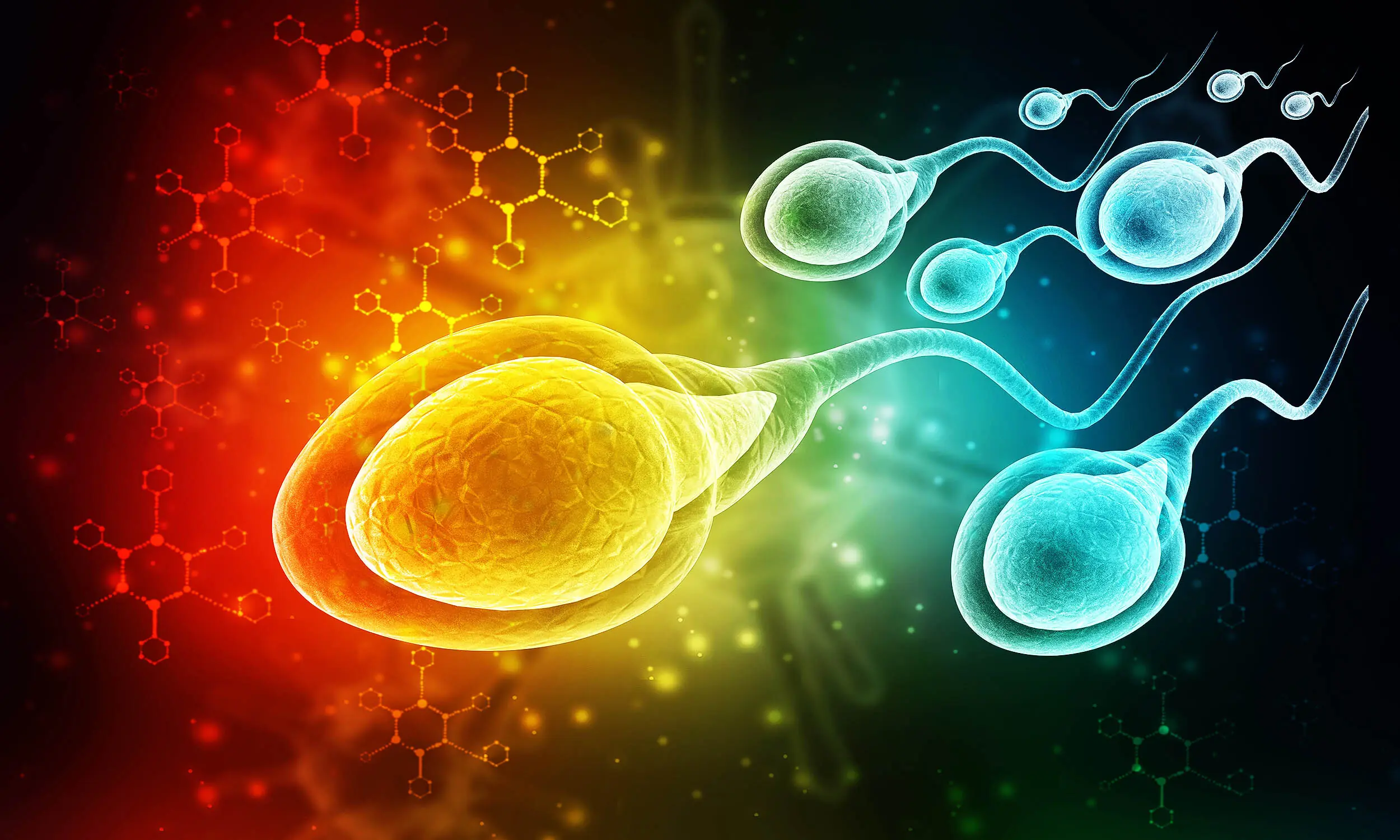
New Study Found Microplastics In Every Single Human Semen Sample
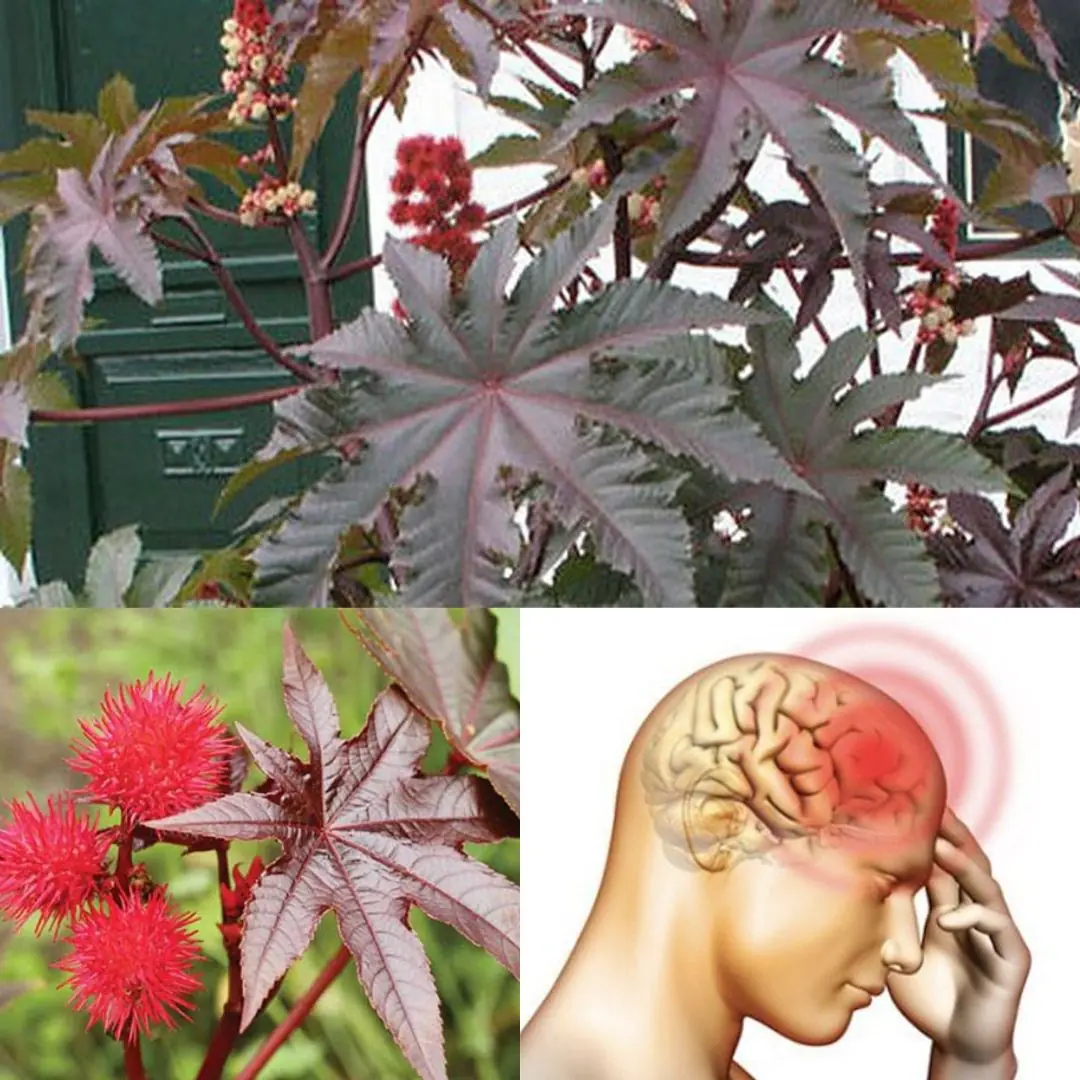
Unlock the Health Benefits of the Castor Bean Plant: A Natural Remedy for Wellness
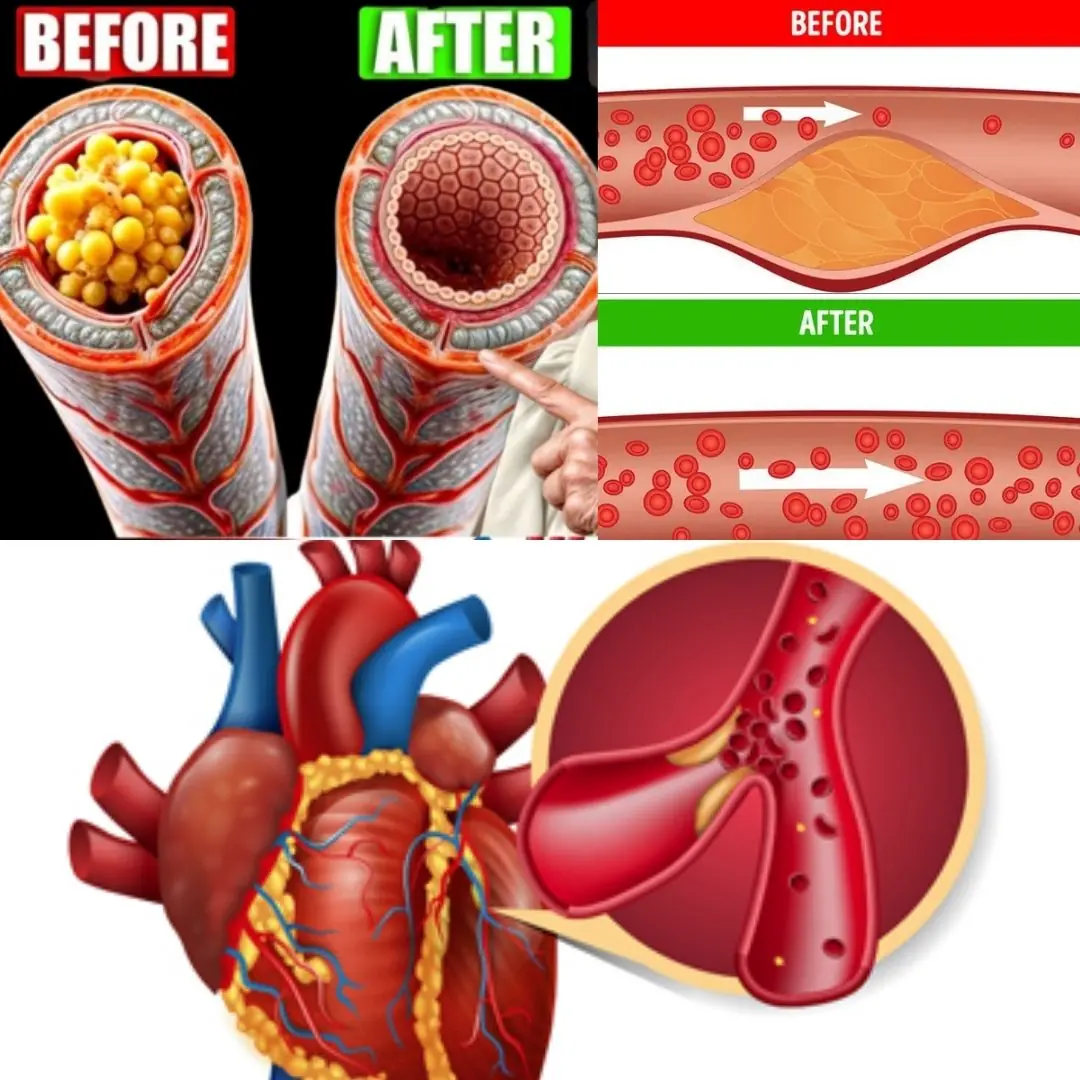
10 Vegetables That Are Good for Your Heart
News Post
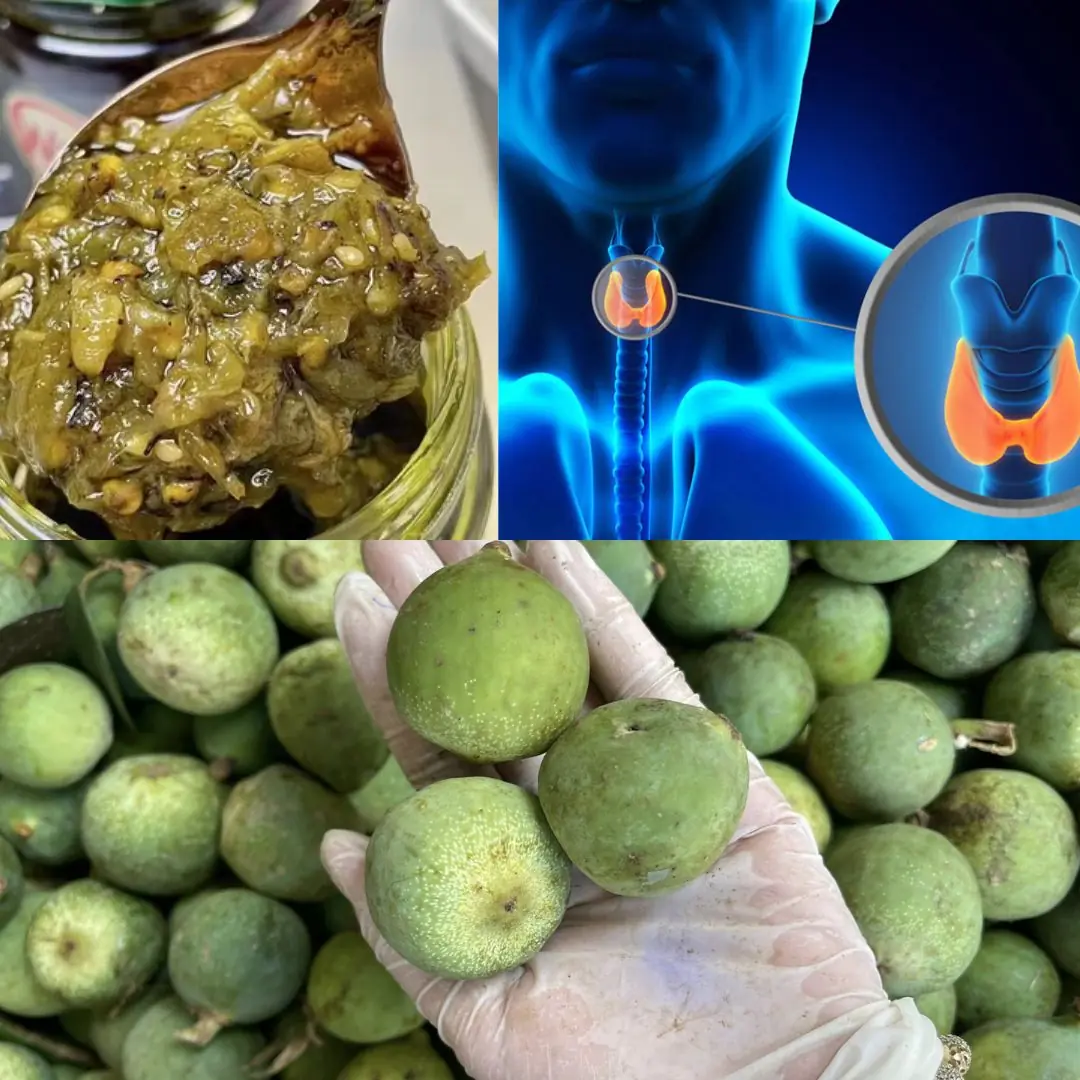
Health Benefits of Horseradish Leaves: A Nutrient-Packed, Overlooked Green

Too Much Salt? Here’s How It Quietly Destroys Your Health from Head to Toe

Skin Cells Can Send Electrical Signals to Help Heal Wounds – A New Discovery in Wound Healing

Disturbing simulation reveals what really happens to your body after injecting Ozempic

Regular Blood Donation May Improve Blood Cell Health and Reduce Cancer Risk

Simulation Reveals Shocking Truth About What Ozempic Does To Your Body After Injection

Vitamin B12 Deficiency Symptoms

4 Subtle Signs on Your Face That Could Signal Health Problems

Girls Visit Dad's Grave to 'Show' Their New Dresses as He Asked, See 2 Boxes with Their Names

Turns Out I Rented an Apartment to My Husband's Mistress, and Their Next Date There Was One I'll Never Forget

Neighbor Mocks Poor Woman for Filthy Look of Her House, Apologizes after She Sets Foot Inside

My Wife Kicked Me Out of the House Because of the Sudden Confession of My Director

My Son’s New Classmates Turned Him from a Straight-A Student into a Troublemaker — But I Didn’t Give Up on Him

After My Brother's Funeral, His Widow Gave Me a Letter – I Wasn't Ready for What He'd Confessed

The Key to Everlasting Memories? Scientists discovered the "glue" that makes memories stick!

Listening to Music Literally Speeds Up Recovery from Surgery, Research Shows

A Common Drug Used in Tylenol, Excedrin, and More Was Just Linked to ADHD

Pulsatile Tinnitus: Why You Hear Your Heartbeat While Lying Down
